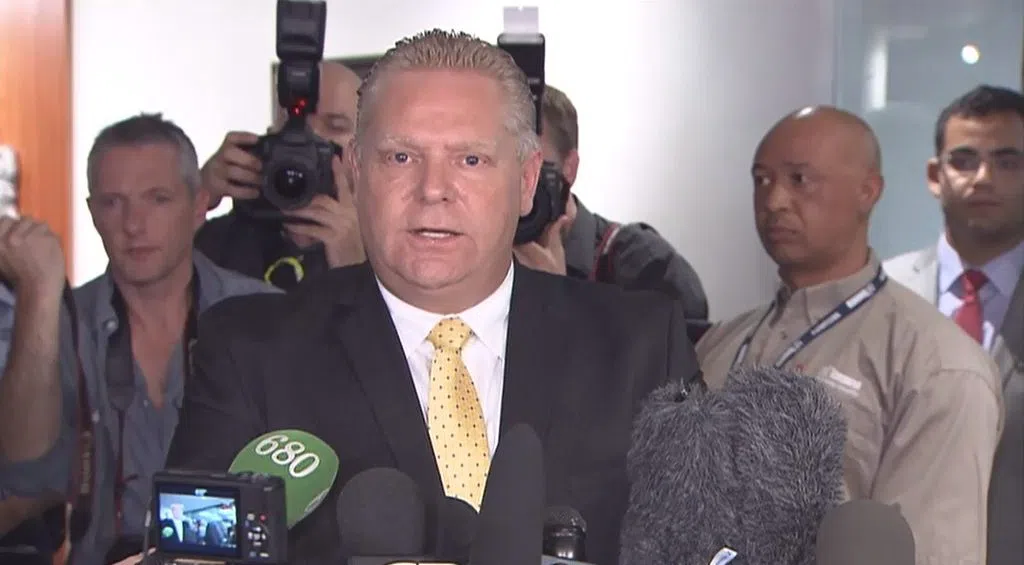Tuesday morning, Doug Ford made the announcement that Ontario’s minimum wage will be raised to 15 dollars an hour for all jobs – including servers – on January 1st. This came as a surprise to most people, as Ford had always pushed against raising the minimum wage.
In 2018, as mentioned by NDP Leader Andrea Horwath, Ford scrapped the plans the liberal government had in place to make the minimum wage $15 dollars per hour back then, costing minimum wage workers $5300 dollars over that time.
The Canadian Federation of Independent Business (CFIB) was also caught off guard by this decision. The hospitality industry especially, has already struggled to climb the many hurdles of the 20 months of pandemic restrictions and they were just starting a long recovery. Now they have a new obstacle.
The CFIB’s senior director of provincial affairs for Ontario, Ryan Mallough, explains why his initial reaction of shock quickly turned into concern for the hospitality industry.
“It’s a tough pill to swallow,” said Mallough. “Restaurants were restricted for 580 days before they returned to full indoor capacity and that was only a couple weeks ago. They are also dealing with inflation. All of us Ontarians have seen the cost of living go up, but the cost of doing business has also gone up. So it’s another wage pressure and it’s coming in at a time that is traditionally slow for the hospitality industry. It’s going to be a tough transition.”
With the provincial election looming, there is a lot of speculation whether votes played a role in the decision as well. Mallough says it’s a hard fact to ignore.
“It’s really hard to disassociate the fact that we are seven months out from an election,” said Mallough. “Small businesses right now really can’t focus on seven months away. They’re focused on three to four weeks away. So we’re really dialled in on making sure that the government is looking to offset this cost. One of the things the restaurant industry has been looking for is wholesale pricing on alcohol. That would be a really good first step, but right now we’re focused on the fall economic statement, what the holiday season is going to look like for small businesses because at the end of the day if they don’t finish the year strong, there aren’t going to be a lot of businesses left come January.”




Comments